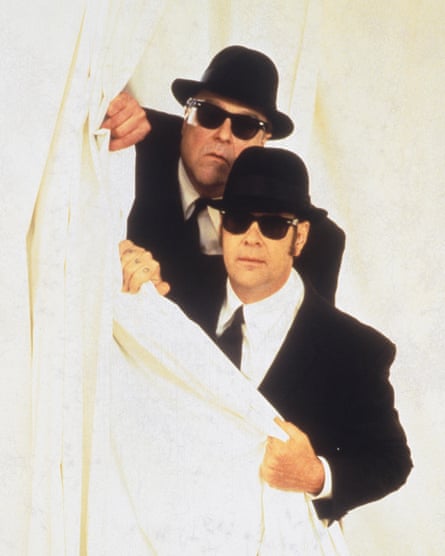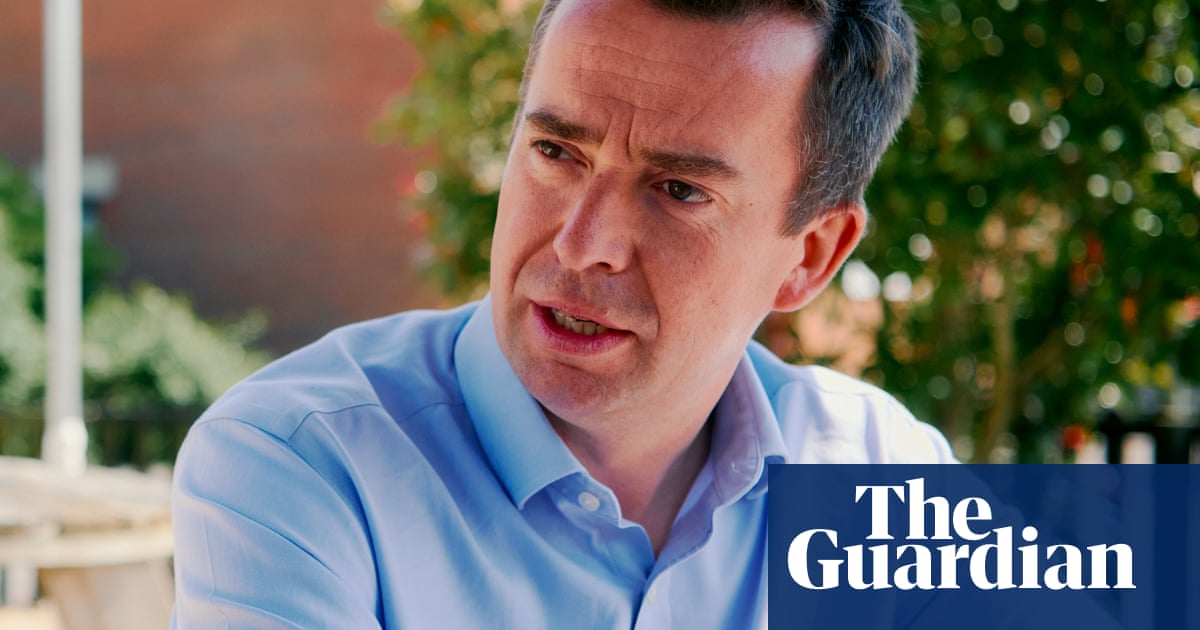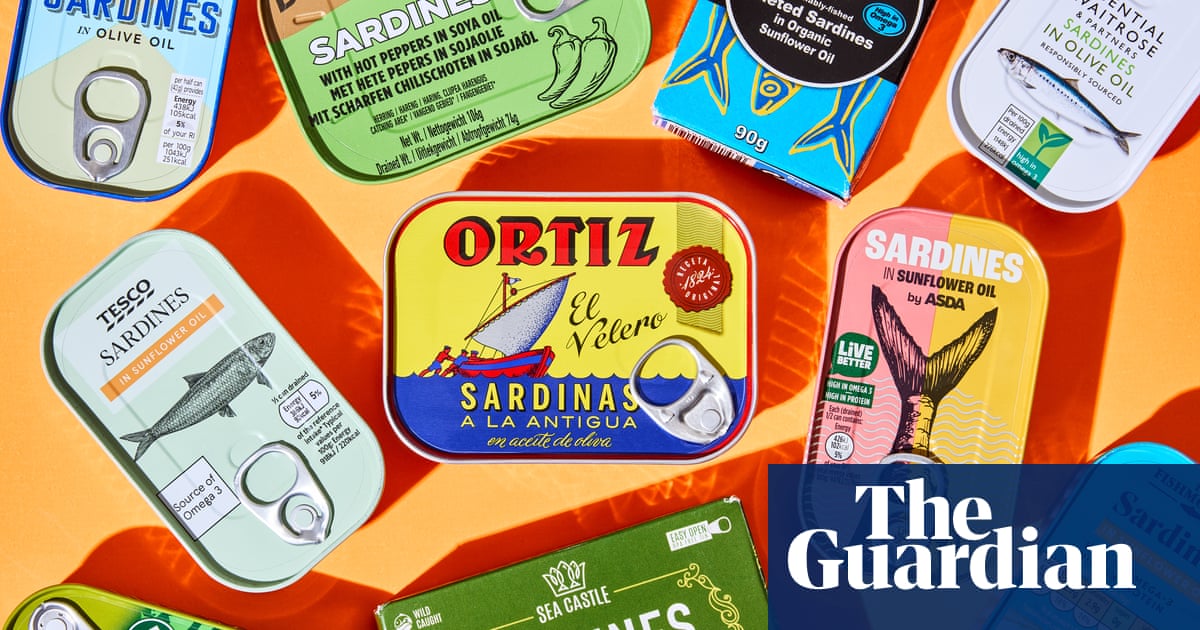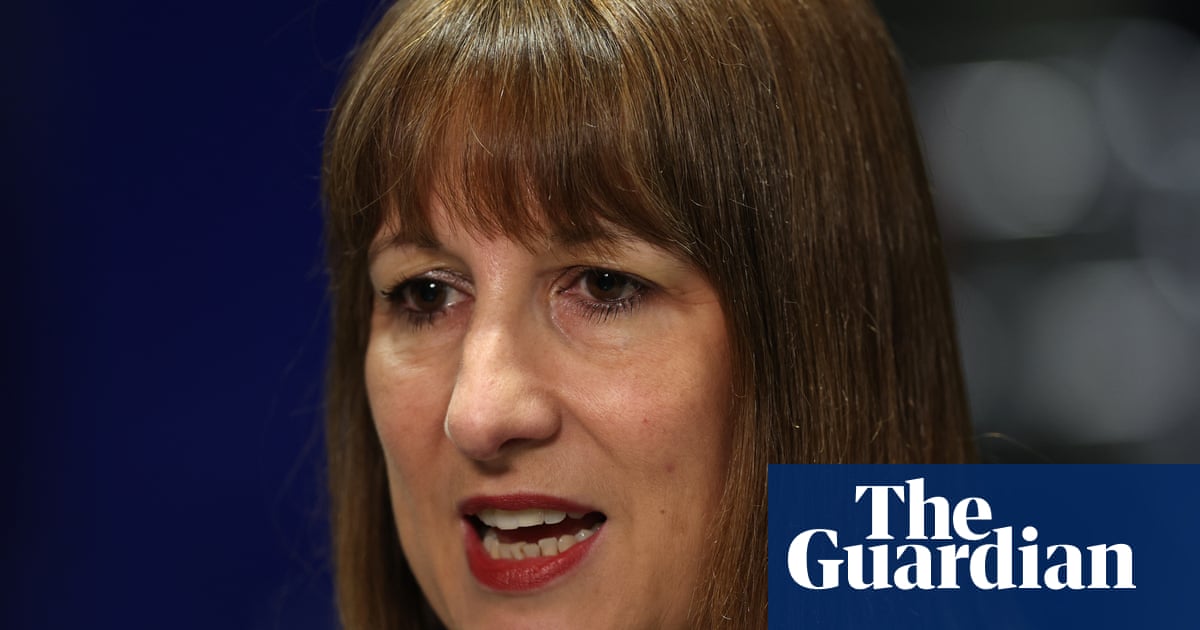A 14-year-old has been taking the Indian Premier League by storm. A 17-year-old may win this year’s Ballon d’Or. Last month another 17-year-old became the youngest winner of a Formula Two race. In darts the last world champion was 17, a 14-year-old just became the youngest winner of a World Darts Federation event and this week the promoter Barry Hearn described watching a prodigy who “had a 106 average and checked out 140 and 154”. He was only 10. The 14‑year‑old Polish snooker player Michal Szubarczyk is about to become the sport’s youngest ever professional. In this context it is a little hard to complain about the infantilisation of sport. And yet.
For all its recent Netflix-promoted virality, motor racing has always seemed an unusually grown-up pastime. For 75 years Formula One has given us strength, skill, drama and occasional scandal, heroes and villains, bravery and tragedy. A global survey in 2021 found the average age of the sport’s fanbase was 32, but in 2022 84% of the people who watched the British Grand Prix on Channel 4 (and 68% of those watching on Sky) were aged 35 or over. Which made it only more jarring when its administrators started to obsess over schoolyard distractions such as swearing and underpants.
You could argue the sport has always been associated with skid marks but its pivot towards the trouser-based variety in 2022, over concerns that flammable fabrics might be being used by drivers, seemed unnecessary. (“I’m reliably informed our drivers go commando,” said Red Bull’s Christian Horner. “If they want to check my arse, feel free,” said the French driver Pierre Gasly.) Then the issue of bad language blew up, when Max Verstappen was punished for some mild swearing during a press conference at the Singapore Grand Prix last September.
The 27-year-old was ordered to complete a “work of public interest”, which turned out to be using some of the time he was anyway planning to spend in Kigali later in the year helping the Rwanda Automobile Club with the launch of an Affordable Cross Car. Obviously this took Verstappen way out of his comfort zone, in that the cars he normally spends his time in are anything but affordable and the entire experience made him not so much cross as furious.

“It’s just the world we live in. You can’t share your opinion because it’s not appreciated apparently,” he said. “Everyone is super sensitive about everything.” Last November the Grand Prix Drivers’ Association wrote an open letter addressing the big issues the sport was grappling with: “There is a difference between swearing intended to insult others and more casual swearing, such as you might use to describe bad weather,” they pointed out. “Our members are adults. They do not need to be given instructions about matters as trivial as underpants.”
For some reason the Federation International de l’Automobile, the governing body of global motor sport, has recently sought to cast itself as a sporting administrative version of The Blues Brothers’ Sister Mary Stigmata, the nun who becomes so incensed by the siblings’ fruity language she ends up furiously slapping them about the head with a stick before decrying their “filthy mouths and bad attitudes” and ordering them to “get out and don’t come back until you’ve redeemed yourselves”. (They, too, go on to accomplish some extraordinary things with cars, the film famously involving the destruction of 103 of them.)
In January the FIA leaned further into the role, introducing new and even harsher rules governing what they call “misconduct” and define as either swearing or “assaulting (elbowing, kicking, punching, hitting, etc)”. These amounted to the creation of an extraordinarily lavish swear jar, with fines for F1’s foul-mouthed motorists at €40,000 (£33,700) and rising to €120,000, plus suspensions and point deductions. The rules were wildly excessive and equally unpopular, though they did in effect stop anyone in the sport publicly saying what they really thought of them. After several months of grumbling this week there was significant row-back, or as the FIA described it a “major improvement”, with more sober fines and the threat of suspension lifted.
after newsletter promotion

One curious thing about this collision between speeding cars and individual liberties is that it is the exactly the context in which the term “nanny state” seems to have been invented. The then Conservative MP Iain Macleod snuck it into an article he wrote in 1965 railing against “the perishing nonsense of a plan for a 70mph speed limit even on motorways”, an inauspicious birth for a phrase that was to take root so efficiently, given it was not only hidden deep within a random issue of the Spectator but also within a diatribe that was itself perishing nonsense. “Doesn’t the minister realise that his new restriction is as unenforceable as it is undesirable?” Macleod wailed; it was swiftly shown to reduce casualties by 20% and remains in force 60 years later.
On the very day the FIA announced its latest stance on swearing, the Football Association, Premier League and Football League agreed to bring the closure of the summer transfer windows forward to 7pm, apparently so as not to delay anyone’s bedtime. “The transfer window traditionally closes at 11pm,” reported PA Media, “but the earlier deadline is intended to allow club and league officials to complete their work at more sociable hours.” This in an industry that is entirely focused on making things happen on evenings and weekends. For a few hours on Wednesday it felt like only a matter of time before the England and Wales Cricket Board published its official position on how much sugar helps the medicine go down.
By the time they made a sequel to The Blues Brothers, 18 years after the wildly successful original, the studio funding it had forced on its creatives a more family-friendly position. The new film flopped miserably. “We wrote a terrific script, then Universal eviscerated it,” complained the director, John Landis. “They couldn’t use profanity, which is basically cutting the Blues Brothers’ nuts off.”

.png) 6 hours ago
3
6 hours ago
3

















































